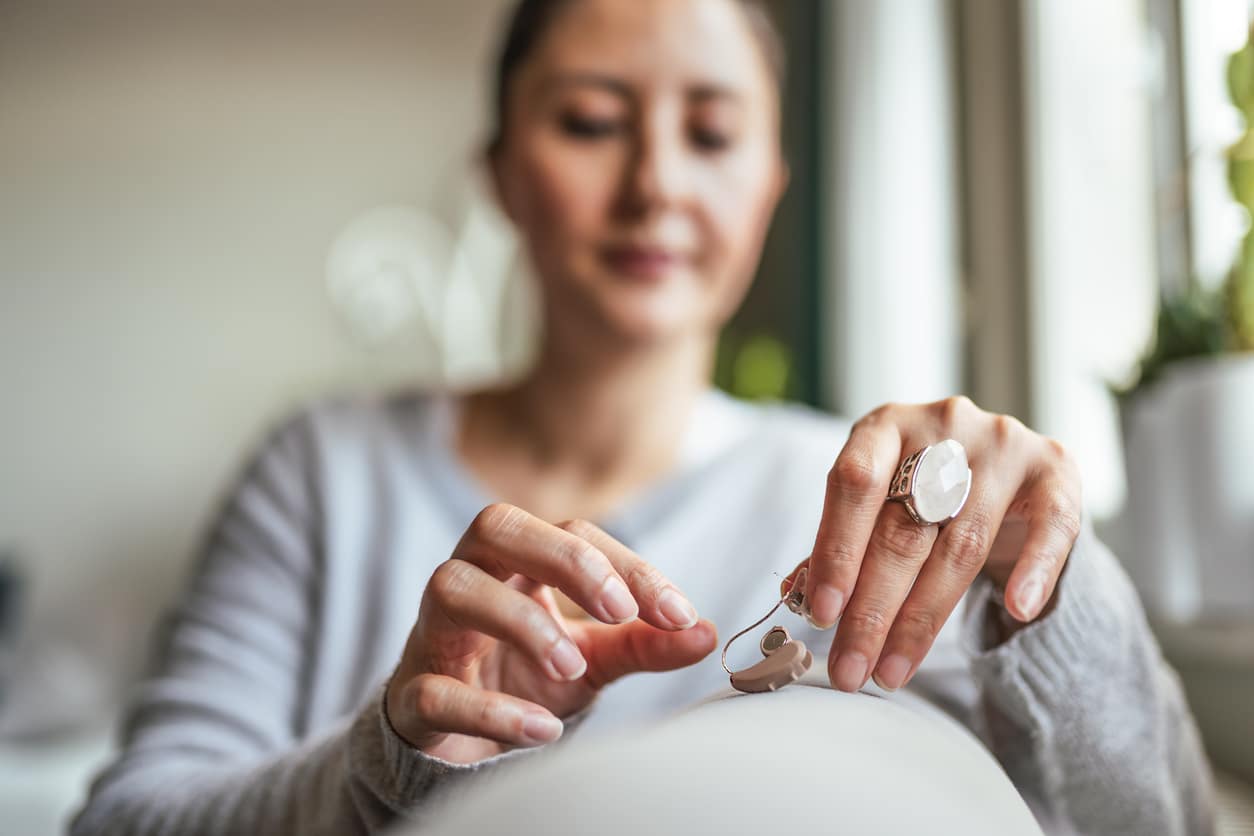Research at the University of Pittsburgh is shedding light on how to combat noise-induced hearing loss, with new findings. The team, led by Dr. Thanos Tzounopoulos of the Pittsburgh Hearing Research Center, has unveiled zinc’s significant impact on hearing health.
The study, detailed in the Proceedings of the National Academy of Sciences, maps the path of destruction that loud noise inflicts on the inner ear. It’s not solely the intensity of the sound but the subsequent concentration of free-floating zinc that disrupts and damages the inner ear cells, leading to hearing loss and the onset of tinnitus.
However, the narrative emerging from Pittsburgh isn’t one of despair but of potential recovery. The research findings allow for the development of drugs that may collect the excess link, preventing future hearing loss.
Safeguarding Your Ears: Strategies for Hearing Conservation

In anticipation of these groundbreaking zinc-trapping treatments becoming mainstream, it’s essential to adopt proactive measures to protect our hearing:
- Minimize noise exposure: When possible, retreat from noisy environments or take reprieves of quiet amidst loud settings.
- Wear hearing protection: In scenarios notorious for elevated noise levels, such as live concerts or bustling construction sites, earplugs can be a saving grace.
- Mind your volume: Pay attention to volume indicators on personal listening devices; excessive headphone use at high volumes poses a significant risk to auditory health.
- Regular checkups: Keep up with routine hearing evaluations to detect and tackle any hearing impairment promptly.
Our daily choices remain our most effective shield against auditory damage. As research progresses, converting these scientific insights into practical therapies and maintaining vigilant ear care is imperative.
The investigation into zinc’s influence on the inner ear has significantly enhanced our grasp of hearing loss and has paved the way for innovative treatments that may soon be at our fingertips.
In the meantime, it’s crucial to acknowledge the value of existing technologies in managing hearing loss. Hearing aids are more than tools for sound amplification; they are instruments of inclusion, helping individuals to stay connected to the world around them. If you’re noticing changes in your hearing, schedule a hearing test.
Contact Center for Hearing & Speech to schedule a consultation today.